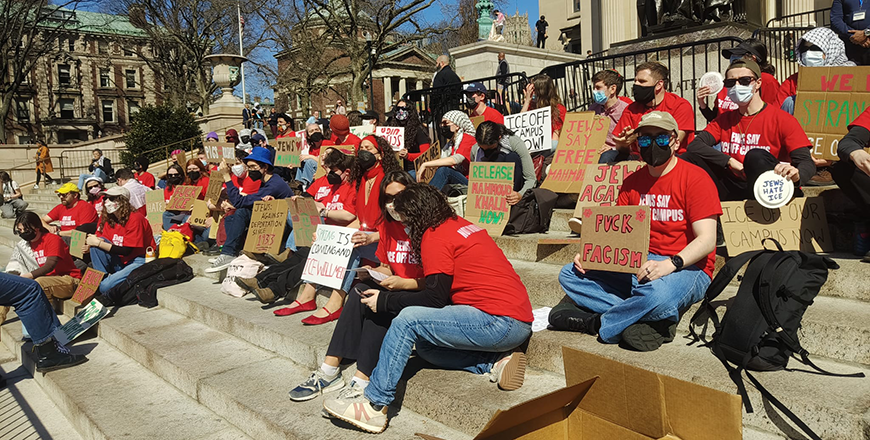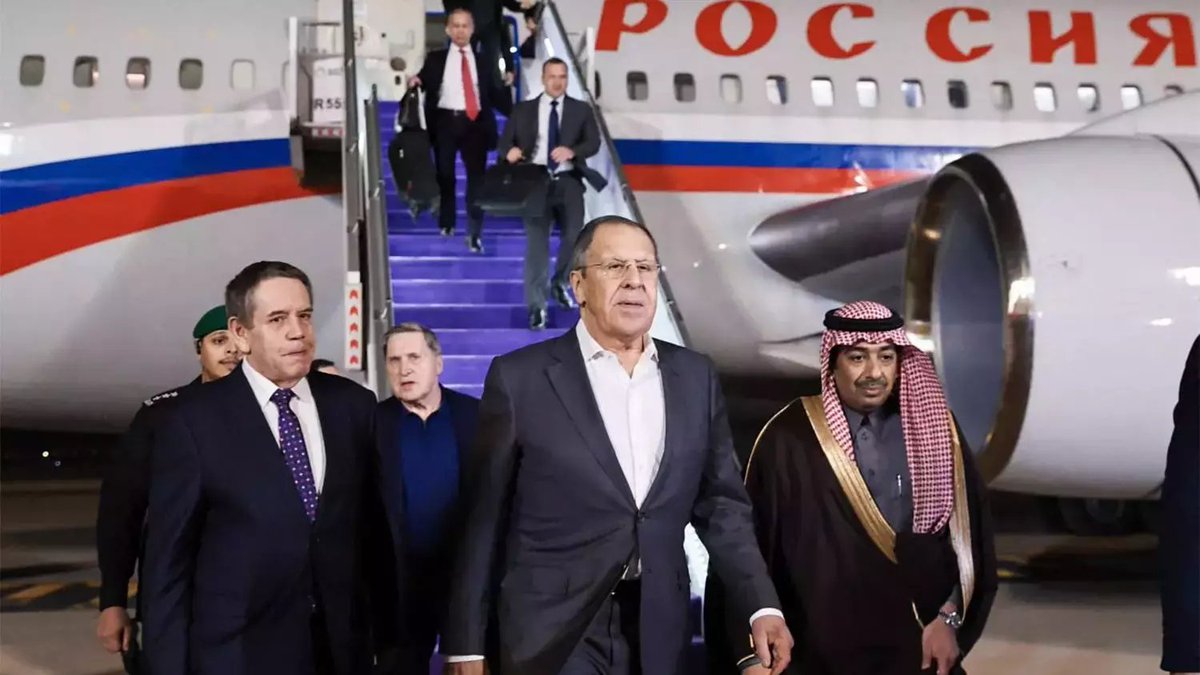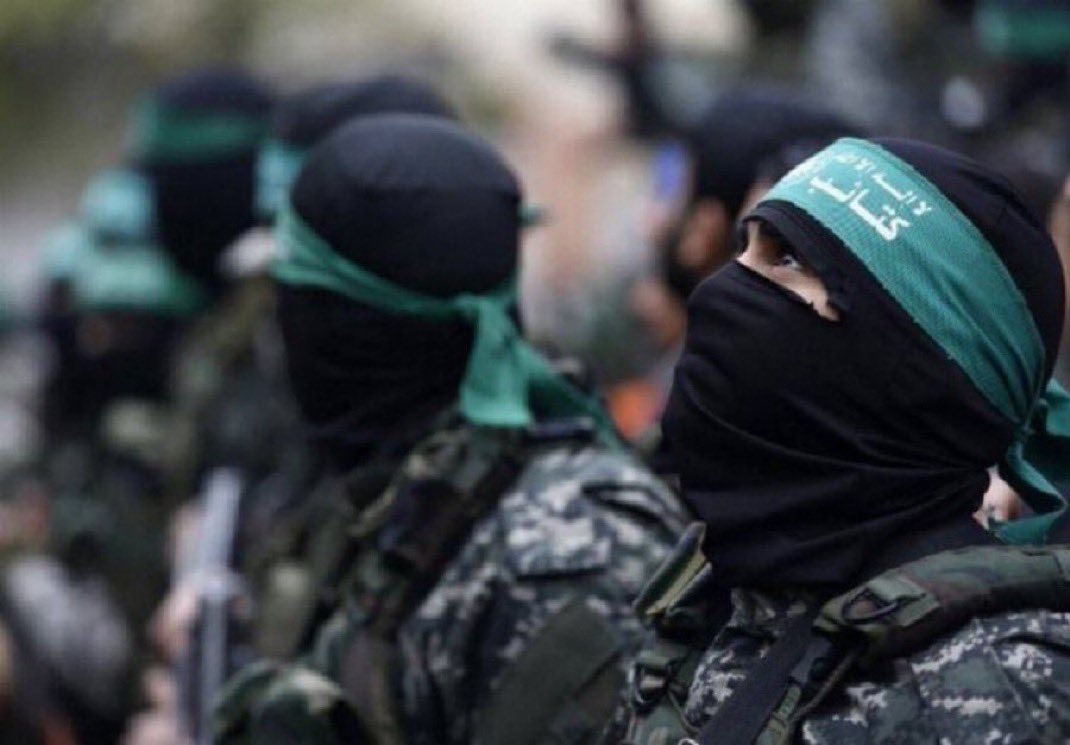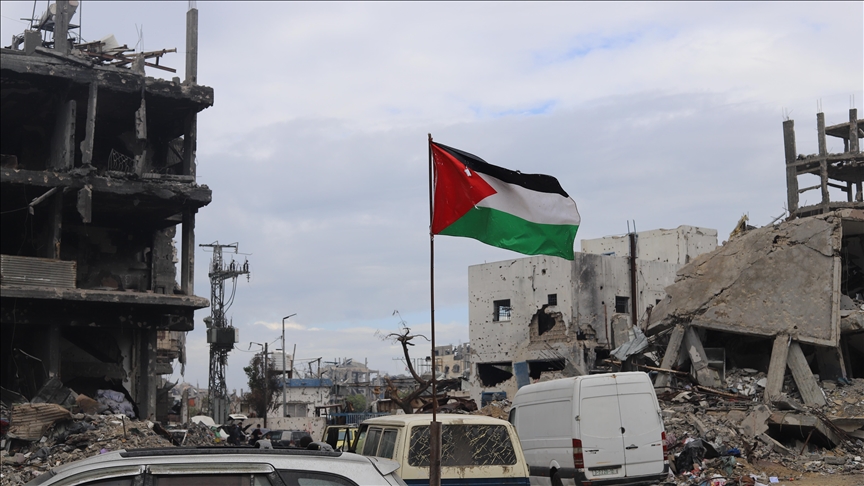S. African Ambassador Gets Huge Welcome After Expulsion by Trump
The South African ambassador, expelled and declared persona non grata by the Trump administration, received a hero’s welcome upon his return to Cape Town on Sunday, with hundreds of supporters waving Palestinian flags and chanting “Free Palestine.”
The crowds at Cape Town International Airport surrounded Ebrahim Rasool and his wife as they emerged in the arrivals terminal in their hometown.
“A declaration of persona non grata is meant to humiliate you,” Rasool told the supporters as he addressed them with a megaphone. “But when you return to crowds like this, and with warmth… like this, then I will wear my persona non grata as a badge of dignity.”
“It was not our choice to come home, but we come home with no regrets.”
Rasool also said it was important for South Africa to fix its relationship with the US after President Donald Trump punished the country and accused it of taking an anti-American stance even before the decision to expel Rasool.
Rasool was previously declared persona non grata. His return comes as US President Donald Trump has cut all funding to South Africa, a move widely seen as retaliation for Pretoria’s case at the International Court of Justice (ICJ), where it has accused Israel of genocide in Gaza.
They were the ex-ambassador’s first public comments since he was declared persona non grata, removed his diplomatic immunities and privileges, and gave him until this Friday to leave the US. It is highly unusual for the US to expel a foreign ambassador.
Rasool was declared persona non grata by US Secretary of State Marco Rubio in a post on X on March 14. Rubio said Rasool was a “race-baiting politician” who hates the US and Trump.
Rubio’s post linked to a story by the conservative Breitbart news site that reported on a talk Rasool gave on a webinar organized by a South African think tank. In his talk, Rasool spoke in academic language of the Trump administration’s crackdowns on diversity and equity programs and immigration and mentioned the possibility of a US where white people soon would no longer be in the majority.
“The supremacist assault on incumbency, we see it in the domestic politics of the USA, the MAGA movement, the Make America Great Again movement, as a response not simply to a supremacist instinct, but to very clear data that shows great demographic shifts in the USA in which the voting electorate in the USA is projected to become 48% white,” Rasool said in the talk.
On his return home Sunday, he said he stood by those comments, and characterized them as merely alerting intellectuals and political leaders in South Africa that the US and its politics had changed.
“It is not the US of Obama, it is not the US of Clinton, it is a different US and therefore our language must change,” Rasool said. “I would stand by my analysis because we were analyzing a political phenomenon, not a personality, not a nation, and not even a government.”
He also said that South Africa would resist pressure from the US — and anyone else — to drop its case at the ICJ accusing Israel of genocide. The Trump administration has cited that case against US ally Israel as one of the reasons it alleges South Africa is anti-American.
South Africa filed a case at the ICJ in December 2023, which accuses Israel of violating its obligations under the Genocide Convention in its war on the Gaza Strip. More than 10 countries have since joined South Africa in the genocide case.
Some of the supporters welcoming Rasool, who is Muslim, waved Palestinian flags and chanted “free Palestine.”
“As we stand here, the bombing (in Gaza) has continued and the shooting has continued, and if South Africa was not in the (International Court of Justice), Israel would not be exposed, and the Palestinians would have no hope,” Rasool said.
“We cannot sacrifice the Palestinians… but we will also not give up with our relationship with the United States. We must fight for it, but we must keep our dignity,” according to the Quds News Network.

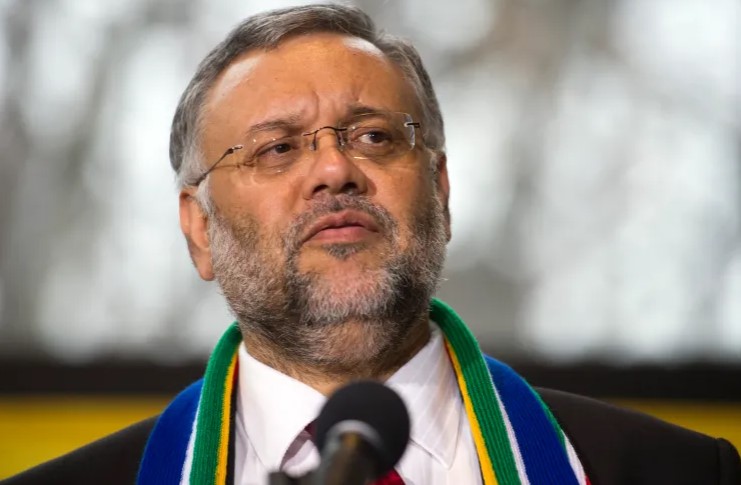
 ] "There is nothing that I will say that I will not say elsewhere and so I will stand by my analysis," explains expelled Ambassador Ebrahim Rasool. Tune in to
] "There is nothing that I will say that I will not say elsewhere and so I will stand by my analysis," explains expelled Ambassador Ebrahim Rasool. Tune in to 